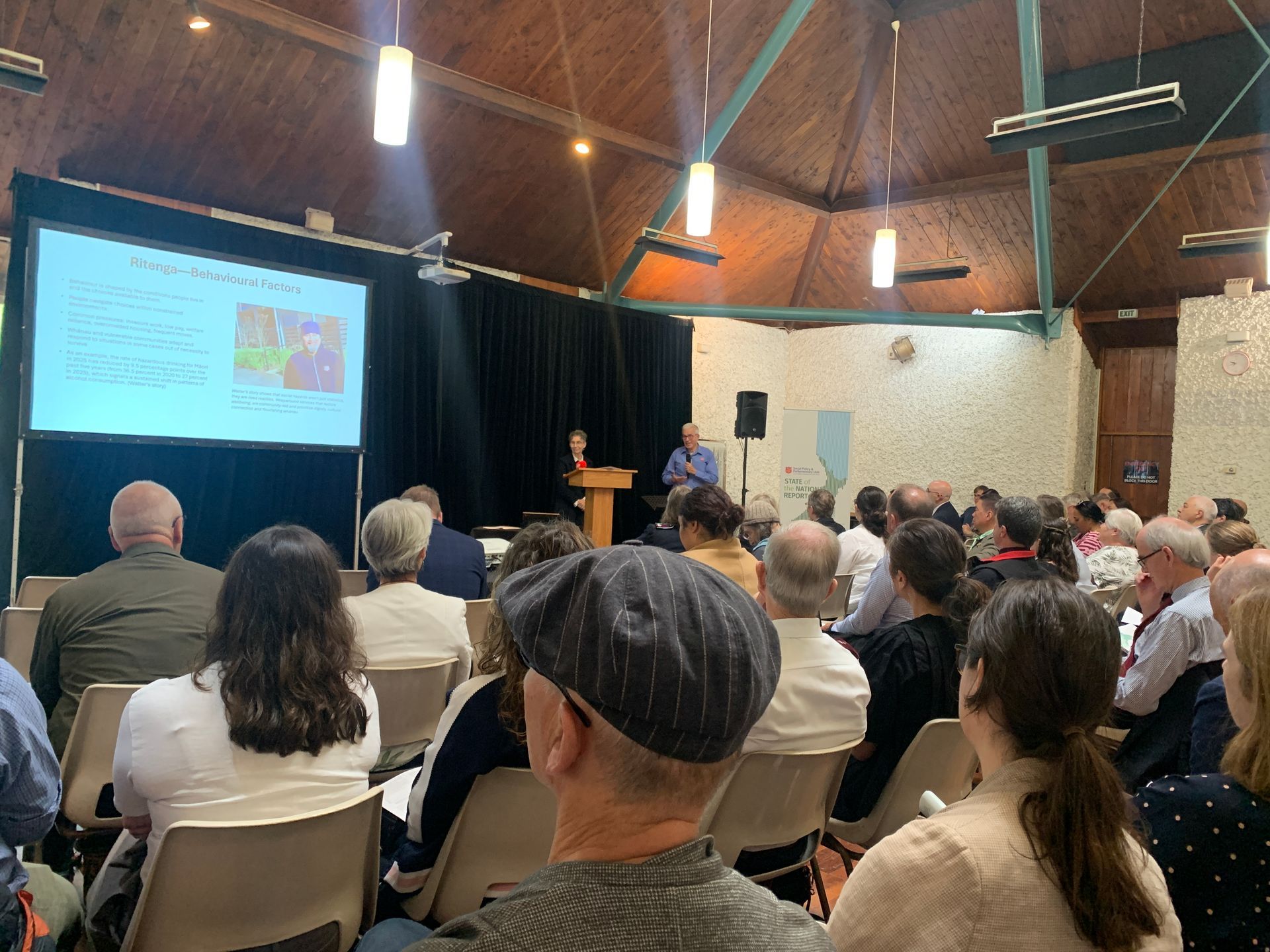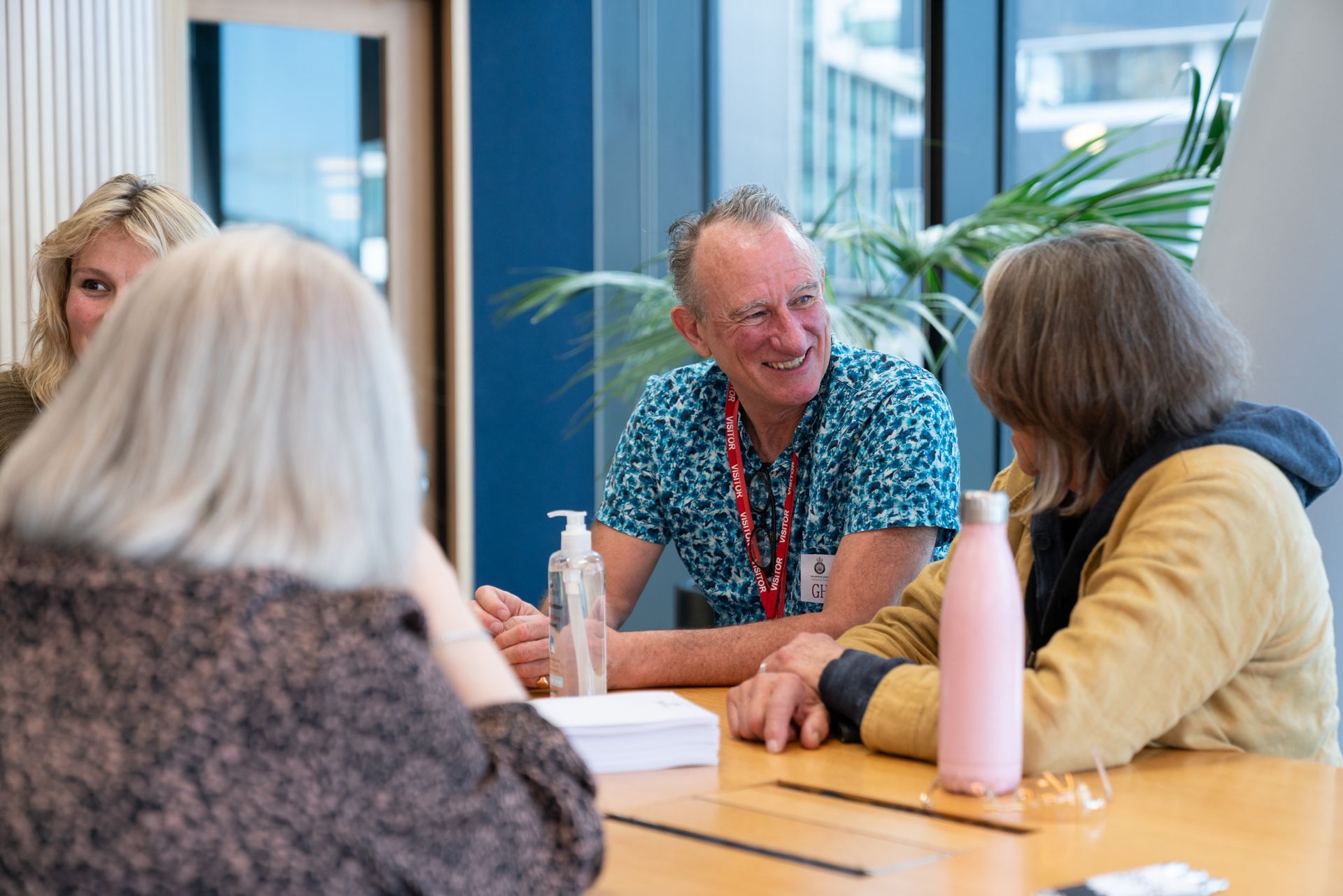Explainer: Social Worker Pay Equity
Ciara OCallaghan • October 18, 2021
Social Worker Pay Inequity is a complex issue created by a multitude of forces at play that undervalue and underfund social services. CNA Communications Officer Ciara O'Callaghan chatted with Brenda Pilott, who is coordinating the Pay Equity claim, to produce this explainer, breaking down the basics of a complicated issue.
In September 2021, CNA member organisation SociaLink, alongside Social Service Providers Aotearoa (SSPA), Aotearoa New Zealand Association of Social Workers (ANZASW) and the Public Service Association (PSA), launched a campaign to support social worker pay equity.
CNA Communications Officer Ciara O’Callaghan talked with Brenda Pilott, the SSPA Pay Equity Coordinator, to understand the history, process and implication of this claim.
What do we mean when talk about Social Worker Pay Inequity?
In 2018, a pay equity claim was settled for Oranga Tamariki (OT) social workers, acknowledging that they were underpaid and significantly increasing their pay. However, this was limited to OT, and therefore social workers within the community sector (including those in Iwi, kaupapa Māori, NGO and all community social services) did not get a pay increase.
A pay equity claim has been lodged against a representative group of community providers employing social workers. There are two elements to this claim: firstly, the OT settlement established that OT social workers were undervalued on the grounds of sex-based discrimination and secondly, social workers working outside of OT do comparable work, and are substantially undervalued. There is a clear pay equity case. The campaign is highlighting the need for community social workers to get comparable pay to their OT counterparts.
Currently, there is a 34.02% pay gap between OT social workers and social workers in the group subject to the claim, despite the same qualifications, experience, work and clients. This looks like:
- An average hourly rate of $28.51 for these community social workers versus $43.21 for OT social workers.
- A $60,000 yearly salary for a new starter at OT and $100,000 at the top, compared with a median pay of $58,662 for these community social workers.
- Social workers in the Iwi and community organisations in the claim are earning on average $25,000 a year less than those working in OT.
Why does this disparity exist?
The fundamental cause is the systemic and historic underfunding of the NGO and community sector in Aotearoa New Zealand. That is why this claim is so important, as it highlights wider problems in the sector that need to be addressed before pay equity can be achieved. An independent report by Martin Jenkins in 2019 found that New Zealand social service providers are underfunded by at least $630 million per year. Brenda says the pay equity campaign is “the most effective lever to produce more funding” to social services but is one of many efforts to address decades of underfunding, and is by no means the silver bullet.
Fair and realistic funding is the key. NGOs cannot pay social workers any more than their funding allows them. It is not that they don’t want to increase pay, it is that Government funding means they can’t. This has contributed to the pay disparity as NGOs are unable to pay social workers a fair rate or retain them – “they are being poached by OT.”
Everyone involved with the social worker pay equity claim agrees that pay equity cannot be delivered without an increase in Government funding.
Other than “critical underfunding”, Brenda says this disparity also exists due to cultural and political misconceptions about the value of social work, indicated by the only recently introduced mandatory registration of social workers. These misconceptions extend to the work of community and NGO organisations like CNA, SSPA and SociaLink. Comparisons with business and Government sectors often deem the community sector as less professional, efficient and productive. Brenda says the opposite is true – community kaimahi are often more reliant on their own skills and more resourceful.
However, Brenda is also clear that this campaign is not about diminishing the mahi of OT social workers. “It isn’t a competition; it is about the same work being done in different sectors. It is about levelling the playing field.”
How do demographic factors like socio-economic status, gender, age and ethnicity come into play in this issue?
As with all Pay Equity claims, social work is a hugely female-dominated workforce. This contributes to the undervaluing of the work of social workers, as with all care work. Māori social workers are disproportionately impacted by this disparity, with more Tangata Whenua in the Iwi and community sectors than in Government. The community sector is experiencing compounded negative impacts because border closures and MBIE policies have limited a supply of social workers from overseas who are not eligible for skills-based visas.
There are two age groups where Brenda has noticed that the pressure of this disparity is really felt: for older people thinking about retirement savings and younger people starting out in the workforce and thinking about the cost of families and a home. These financial vulnerabilities make it difficult for people to work where their passions lie or their skills are best suited. Instead, they accept jobs with Government because of the financial incentive.
How does this disparity impact social workers, their mahi and the communities they serve?
This has disrupted the collective knowledge-sharing and growth of the community sector and the inheritance of knowledge and mentorship from more experienced kaimahi. It could also mean the type of mahi community social workers do may suffer: preventative mahi, wrap-around services and long-term support. This mahi is often done to prevent the need for Government agencies, such as OT, to step in.
Brenda emphasised that we cannot say that this disparity is affecting the quality of service delivery: “People are doing their utmost to mitigate any impacts”, including working unpaid hours. It should not get to the point of communities suffering and work standards falling for a call for pay equity to be answered. Pay equity is needed because the work of community social workers should be valued, as with all social workers.
What does the path towards a solution look like and where are we at?
Currently, Brenda and the Pay Equity Team are beginning negotiations on behalf of social workers with the PSA. A bargaining strategy has to be formed and approved by the Government before bargaining begins.
Effectively, they are working through two parallel processes at once - negotiating the pay equity claim with the PSA and working to develop and agree funding and a whole-of sector solution with the funders at the same time. This is complex because funding from social work comes from across the Government – health, justice, social development etc. This claim requires Government agencies to rethink and assess how they approach funding: matters such as contributory funding, underfunding and often a multiplicity of funders for the same provider. These are all important issues, and the claim highlights the problems with Government contracting systems, but they are also obstacles to the progression of the claim.
There is also the additional complication that, though the original claim was a representative claim lodged against just five social work providers, Brenda and her team want the settlement to be extended to all social workers in the community sector or they won’t accept it. This whole-sector approach is a challenge for all parties involved.
At this stage, contacting and connecting with all social workers in community, NGO and Iwi organisations is of vital importance, so the Pay Equity Team have a mandate to represent social workers across the motu. If they aren’t connected, they may not reap the benefits of the settlement.
How can people support the call for pay equity?
The most important thing is to get the word out to organisations in the community sector that provide social work. Brenda and her team need to be in contact with them so they can be consulted and represented in the claim, and end up benefitting from pay equity. Organisations employing social workers can join SSPA to get involved. Individual workers can have their voices heard and represented through the organisations advocating for pay equity – PSA and ANZASW.
There is enormous strength in the Pay Equity Team representing the majority of social work providers in this matter. United action by employers is needed to support the pay equity claim and seek full funding to give effect to a settlement for all NGO social workers.
Stay informed by signing up to the SSPA pay equity emailing list by emailing YES in the subject line to payequity@sspa.org.nz. or go to this website.
Sources and links:
Share

Kia ora koutou, Running a not-for-profit in Aotearoa New Zealand isn’t for the faint-hearted. Funding pressures, rising compliance demands, volunteer burnout and changing community needs can make it feel like you’re spinning a dozen plates at once. But here’s the good news: you’re not alone. One of the clearest signs of that strength is CNA’s Tick for Governance course, which has now reached a major milestone — over 1,000 users have either completed the course or are actively working through it. That’s 1,000 trustees, board members and leaders investing in good governance and better outcomes for their communities. 🎉 Tick for Governance is special because it’s the only truly Kiwi governance course of its kind. It’s written by Kiwis, for Kiwis, grounded in the realities of how not-for-profits operate in Aotearoa. It’s also proudly supported by Charity Services and the Institute of Directors, giving organisations confidence that the learning is practical, credible and relevant. But CNA doesn’t stop at courses. We’re here to help build capacity and ease workloads through a growing suite of courses, apps and practical resources designed for the real world not-for-profits operate in. A standout example is our collaboration with WiseComply, a smart compliance app that takes a huge weight off governance and management teams. Just like Tick for Governance, WiseComply updates your legislative and compliance requirements as they happen, so you don’t have to constantly chase changes or worry about missing something critical. Less stress, more confidence, better governance, more casual cups of tea. We’re also expanding our highly successful Sharp Strategies series. These aren’t your average sit-and-listen presentations. Sharp Strategies go deeper, offering real-time answers from experts on the issues that actually keep you awake at night, especially with the impending re-registration of Incorporated Societies, the General Election and more. Practical, interactive and immediately useful. Together, these initiatives reflect what CNA is all about: creating meaningful building blocks that strengthen individual organisations, lift the sector as a whole, and ultimately contribute to a stronger, more resilient Aotearoa New Zealand society. Five ways your organisation can get involved: Enrol your board in Tick for Governance to build confident, capable governance. Use WiseComply to simplify and stay on top of compliance obligations. Attend Sharp Strategies sessions to get direct, expert guidance on tough issues. Share CNA resources with staff and volunteers to build capability across your organisation. Make CNA learning part of your ongoing planning, not just a one-off fix. As we head into 2026, now is the perfect time to invest in your people, your governance and your future. Engage with CNA, use the tools on offer, and let’s keep building a stronger not-for-profit sector — together. In the words of a wise, wise man – “To Infinity, And Beyond!”





